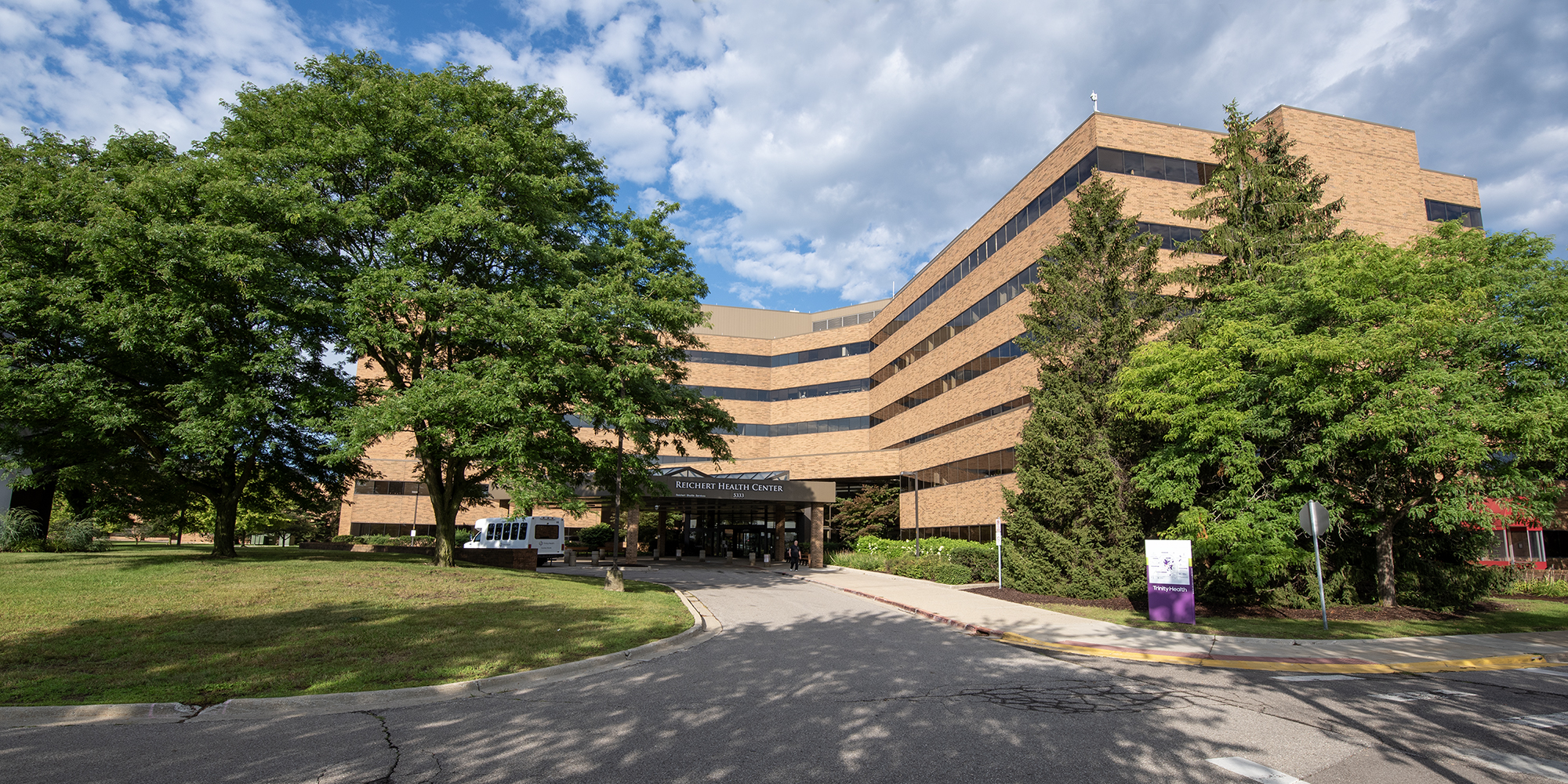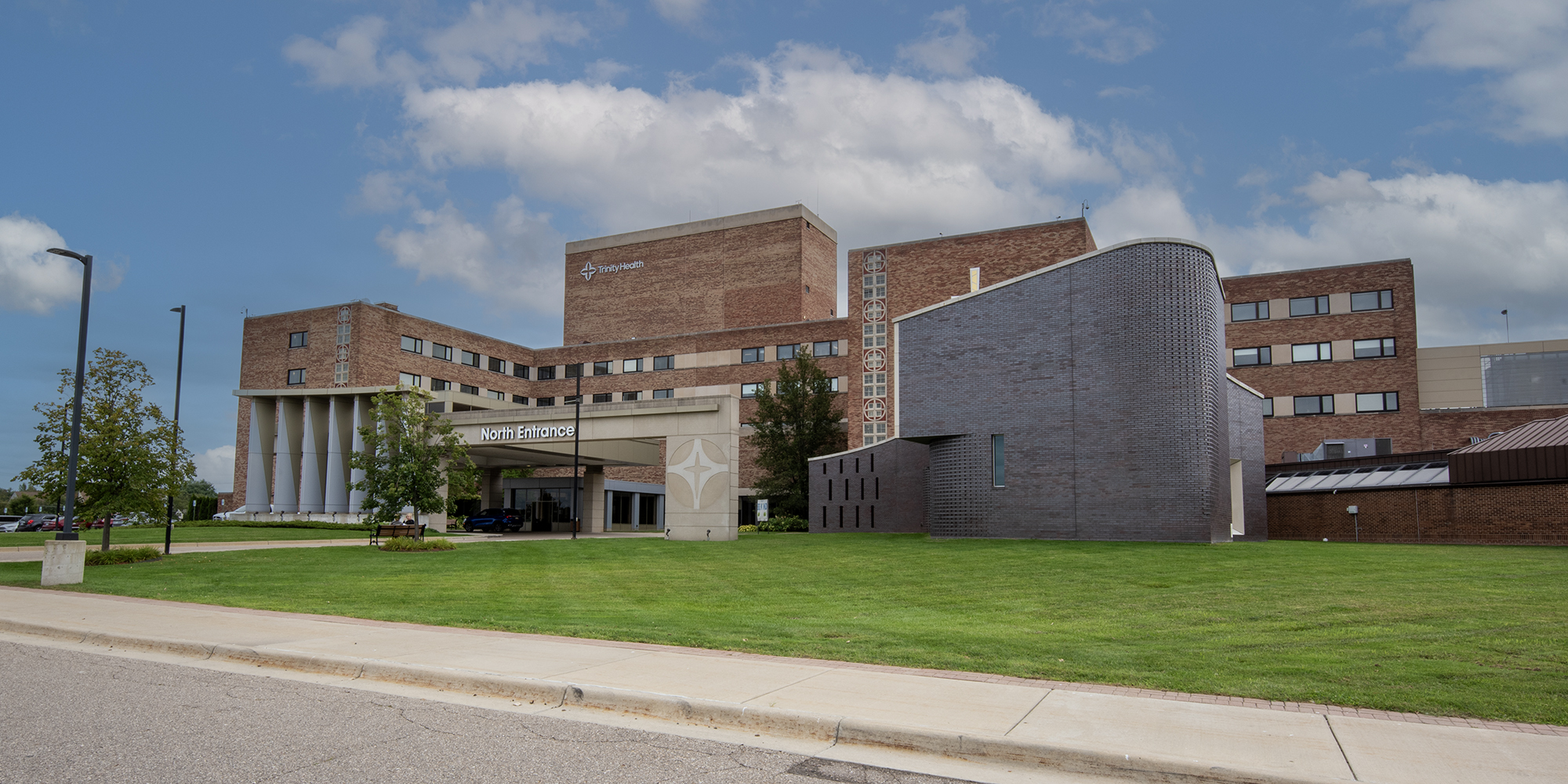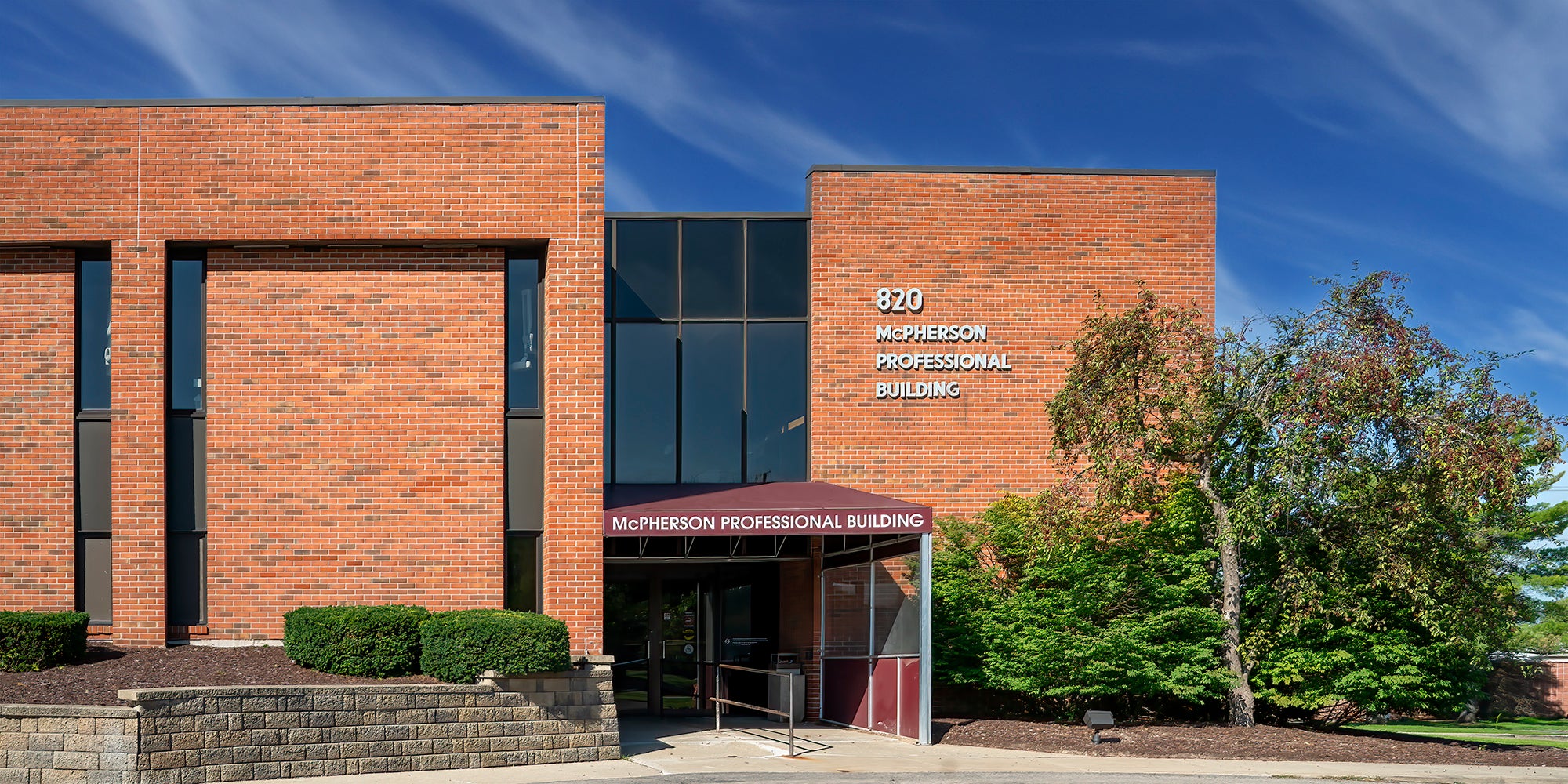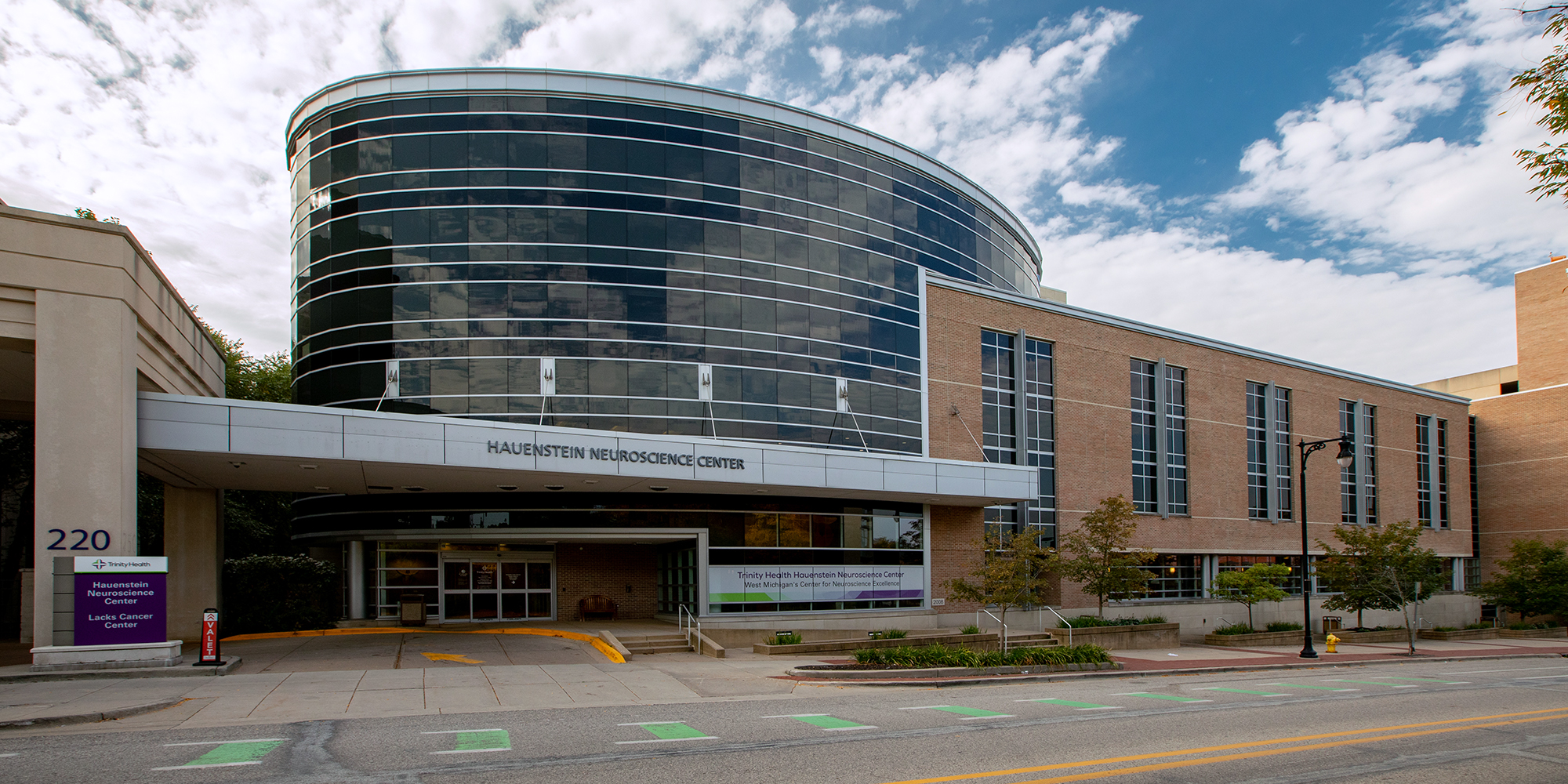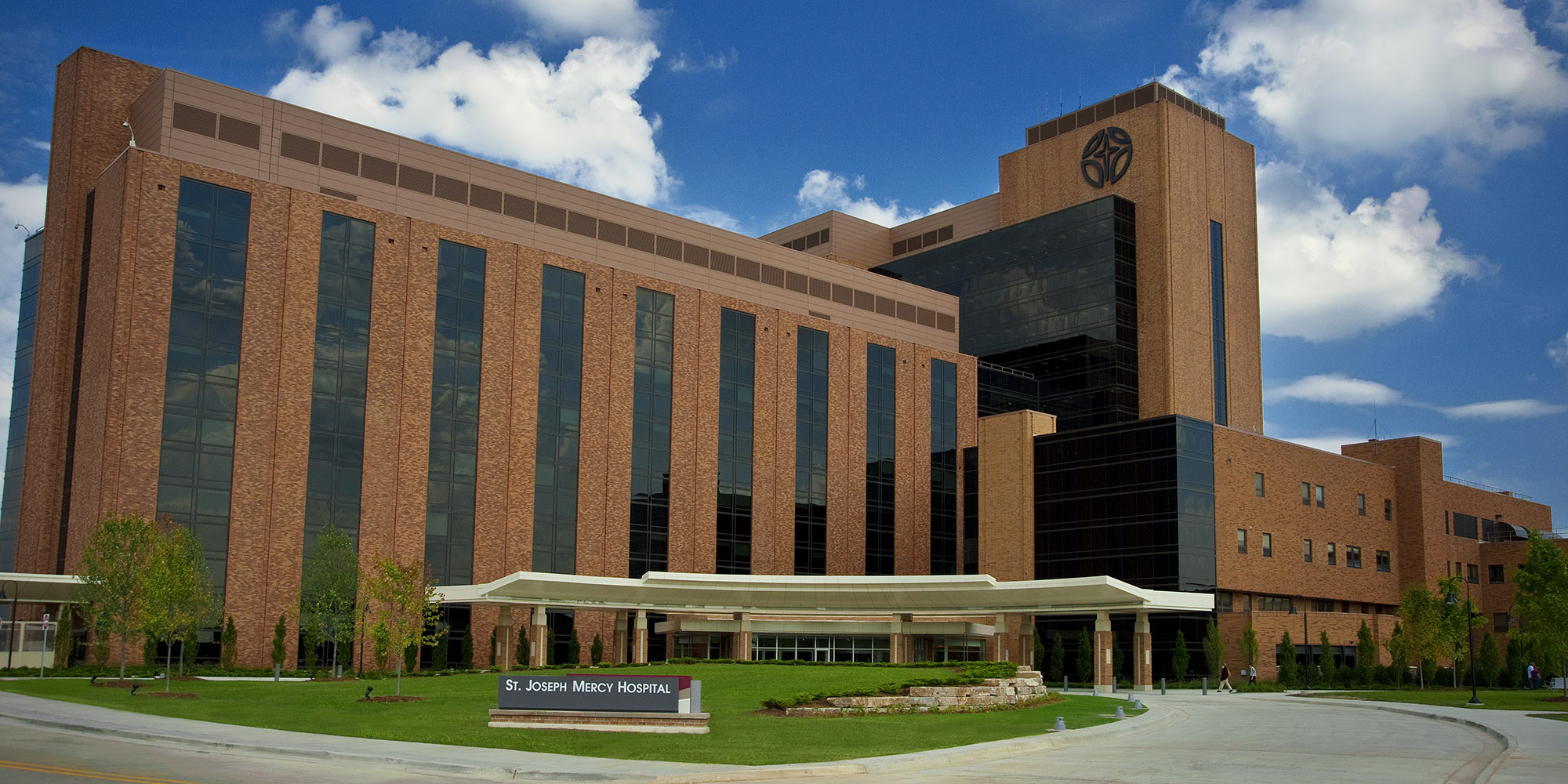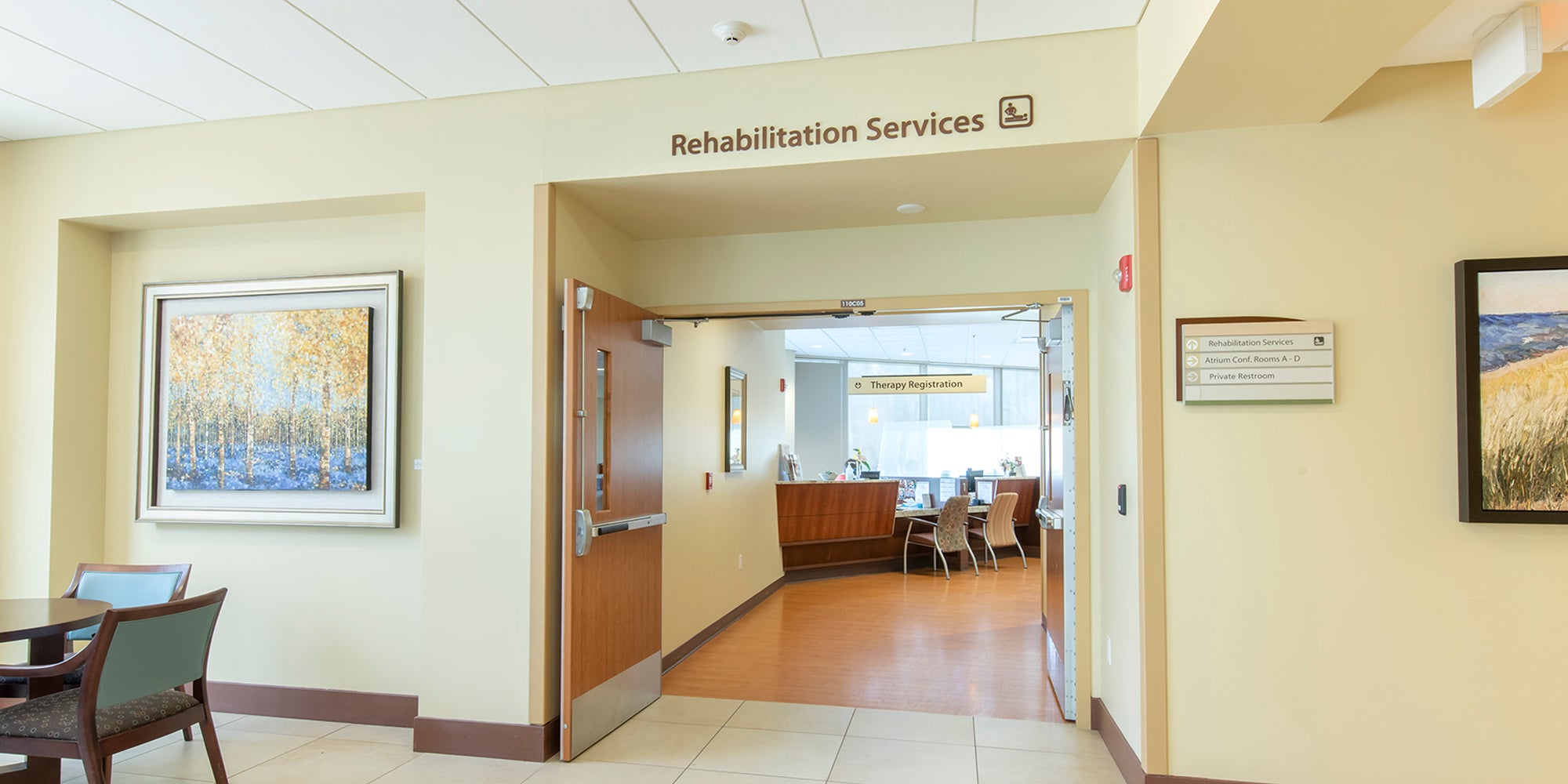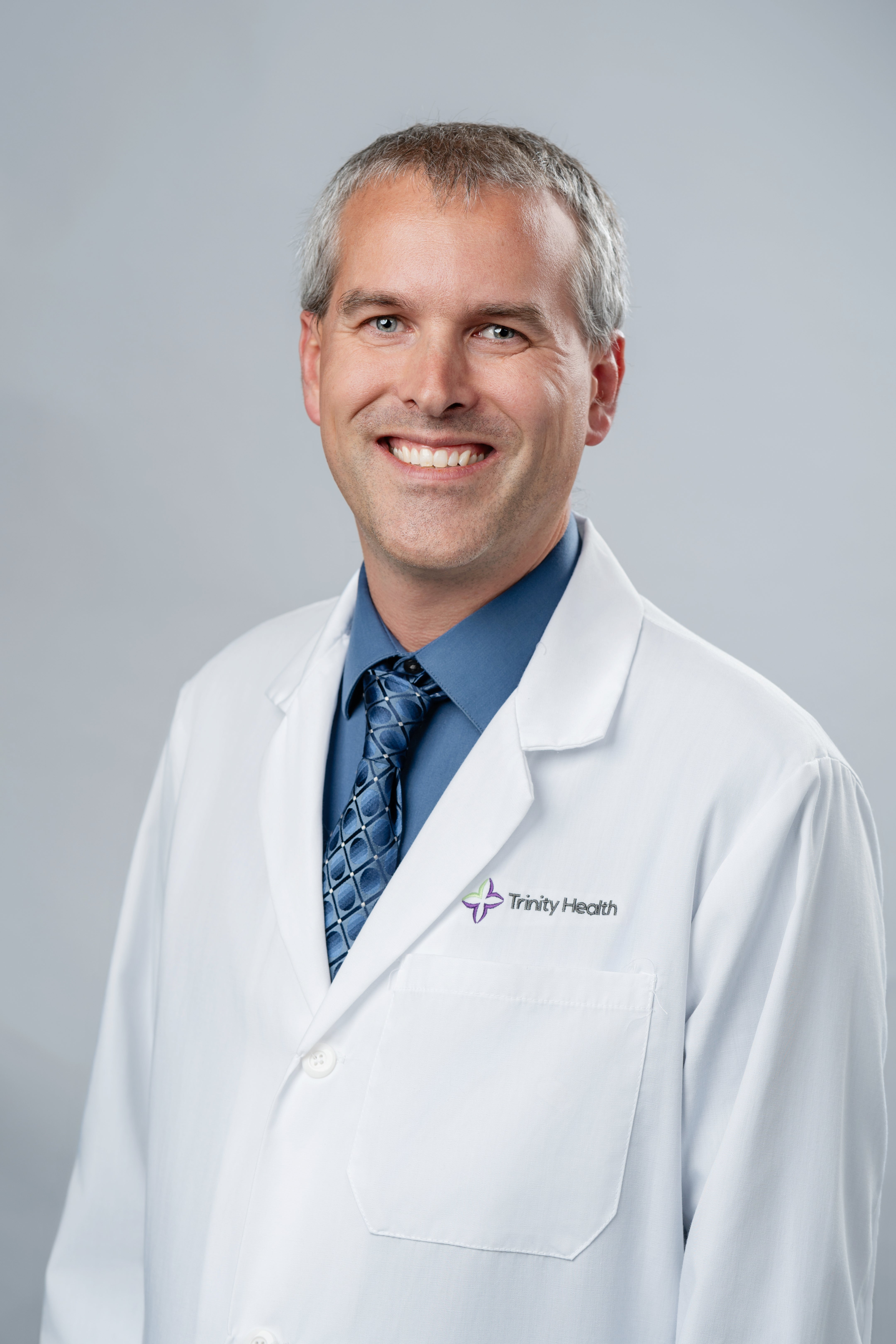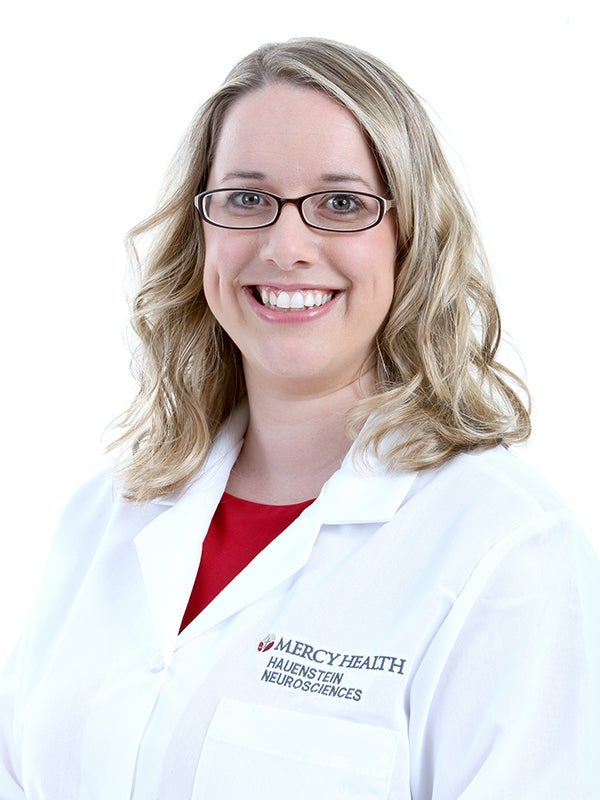Neuromuscular Disorders
With neuromuscular disease, there are issues with nerve cells that control movement. These problems lead to unusual muscle weakness that can affect movement, breathing, coordination and vision. These symptoms stay with you and worsen over time, bringing unexpected changes to daily life.
Trinity Health Michigan is here for you with expert care and compassionate support. We deliver nationally recognized services that help you feel your best. Our team also provides support services that make it easier to focus on what matters most to you.
Our Locations
Our Providers
Neuromuscular Disorder Care at Trinity Health Michigan: Why Choose Us?
Our team approach means you receive coordinated services from neuromuscular specialists, physical medicine doctors, rehabilitation therapists, nurses and other providers. We anticipate your needs and adjust therapies and support to address them.
Our experts care deeply about your emotional health and peace of mind, which is why we take the time to get to know you. This makes it easier to tailor services that help you maintain the best possible quality of life.
Nationally Recognized Care
From testing to treatments and care coordination, we hold ourselves to high standards in everything we do. This commitment to excellence has helped us earn prestigious recognition from:
- ALS Association: Certified Treatment Center of Excellence. Trinity Health Michigan was among the first programs in the state to earn this designation.
- Muscular Dystrophy Association: MDA Care Center
- American Association of Neuromuscular and Electrodiagnostic Medicine: Accredited Laboratory with Exemplary Status
Neuromuscular Disease Testing
Our neuromuscular specialists use a combination of tests to assess symptoms and plan treatments. Your care may include:
Imaging and Lab Studies
Trinity Health Michigan offers all the imaging and lab studies necessary to accurately diagnose the type and severity of your neuromuscular condition. Find out more about neurodiagnostics.
Our offerings include:
- Genetic testing to confirm or rule out an inherited neuromuscular condition
- Electromyogram (EMG) to assess muscle weakness by measuring response to electrical stimulation
- Imaging studies, such as MRI to evaluate muscle structure
- Nerve conduction studies that show how well nerve signals travel to your muscles
- Muscle biopsies to detect and diagnose muscle weakness and pain
Neuro-ophthalmology
Our team includes neuro-ophthalmologists who assess and treat vision problems related to nervous system disorders. We perform a comprehensive eye exam to determine the source of vision issues and recommend appropriate therapies.
Neuromuscular Disease Treatments and Support
Our experts develop a personalized care plan based on your diagnosis, symptoms and care preferences. Services include:
Medications and Blood Therapies
Medications can relieve symptoms and slow their progression. You can count on us for the latest options, including newly approved drugs. We administer some medications by infusion, which uses a needle to deliver large doses through a vein. Infusions are available on short notice when necessary — sometimes on the same day.
For conditions due to an overactive immune system, like myasthenia gravis, you may benefit from blood therapies, such as:
- Immunoglobulin, a substance that quiets immune system attacks
- Plasmapheresis, which uses a sample of blood from a donor to deliver healthy blood proteins
Neurorehabilitation
Neurorehabilitation uses a combination of therapies to help you make the most of your abilities:
- Occupational therapy helps optimize your independence by teaching you new methods of eating, bathing and getting dressed. Services often include showing you how to use mobility devices such as canes and walkers.
- Physical therapy may involve balance training to help you feel steady on your feet. We also develop braces and splints that preserve range of motion.
- Speech therapy addresses issues affecting swallowing and communication. Therapists use special techniques to help you safely swallow and speak clearly.
Respiratory Therapy
In advanced stages of neuromuscular disease, the muscles controlling your respiratory system do not function as they should. Respiratory therapy uses a variety of techniques to help you take in oxygen and avoid complications, like infections. Skilled respiratory therapists are available in inpatient and outpatient locations and tailor treatments to your needs.
Support
Support services ease the burden of living with neuromuscular disease. Licensed social workers help patients and families navigate challenges, like ensuring a safe home environment. Neuro-palliative care physicians help you get relief from nagging symptoms and plan for your future. We also offer support groups. Explore specialized neurology services and support.
Types of Neuromuscular Disorders We Treat
We treat rare and common neuromuscular diseases, including but not limited to:
- Amyotrophic lateral sclerosis (ALS): Nerve cells that control voluntary muscle movement gradually deteriorate
- Charcot-Marie-Tooth disease: Inherited disorder that causes peripheral nerve damage, which affects muscle movement in the arms and legs
- Myasthenia gravis: Autoimmune form of neuromuscular disease that causes muscle weakness after activity and improves with rest
- Muscular dystrophy: Group of genetic conditions causing weakness due to issues with muscle proteins
- Myopathies: Group of conditions, some of which are genetic and affect voluntary muscle control
- Spinal muscular atrophy: Genetic condition causing a loss of nerve cells in the spinal cord






